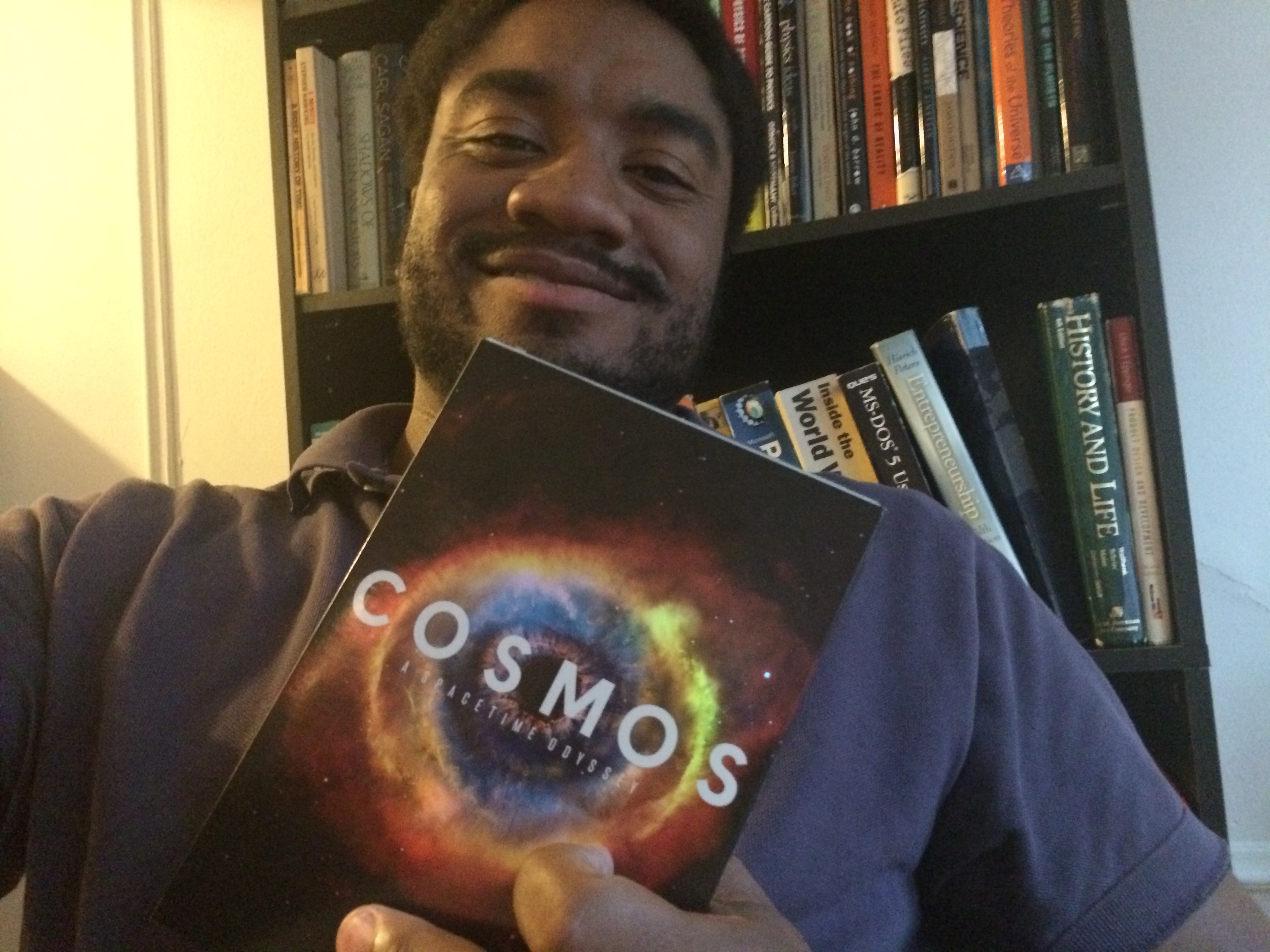In the spirit of the World Cup, let's check out some important goals to achieving diversity within the STEM community. But first .... Germany's Alexander Gerst of the European Space Agency (ESA) and NASA's Reid Wiseman and Steve Swanson are both celebrating advancing to the next stage of the World Cup. Check out some quick soccer moves on the International Space Station (ISS).
We've made great progress in a few STEM diversity goals - let's check em out!
1) Highlighting women in science.
While we will always advocate for more women in STEM, we don't want to forget about the ones that are representing right now! Kyla McMullen has done a great job to help us reach this goal. Her list of the Sexiest Black Female Scientists, which was inspired by a similar Business Insider list that featured no women of color, was all over the net recently. Check it out to see some gorgeous, intelligent women that are contributing to the world in a huge way.
2) Showing a diversity of scientists on mainstream TV
Neil deGrasse Tyson, a Black astrophysicist, conquered Westeros and Essos and consistently topped ratings in the Sunday evening time slot for Cosmos. I hosted live tweets every Sunday and had great engagement and participation from science lovers and newbies alike. Tyson definitely helped show the world that a person of color can successfully lead a science program.
3) Showing a diversity of video game makers and shakers
The people behind the gaming industry tend to be white and male - not representative of the diverse set of people that enjoy games. Recently, Aisha Tyler continued her excellent hosting duties during the largest video game industry conference of the year (Ubisoft's press conference at E3 2014). She also interviewed with NPR about diversity in the gaming space. Finally, I've been lucky enough to be a part of several episodes of the Spawn On Me podcast, which focuses on people of color within the gaming industry.
I'll make sure to check in on these goals and others!




